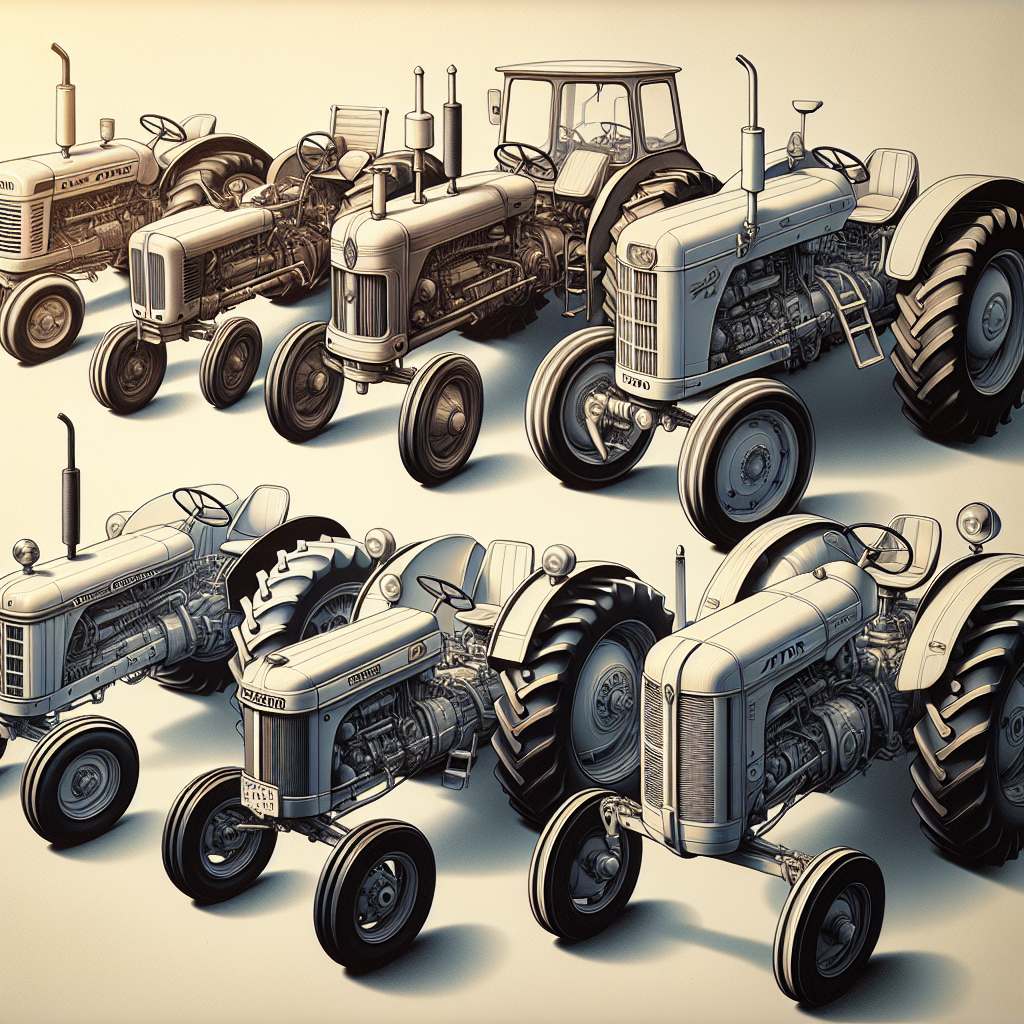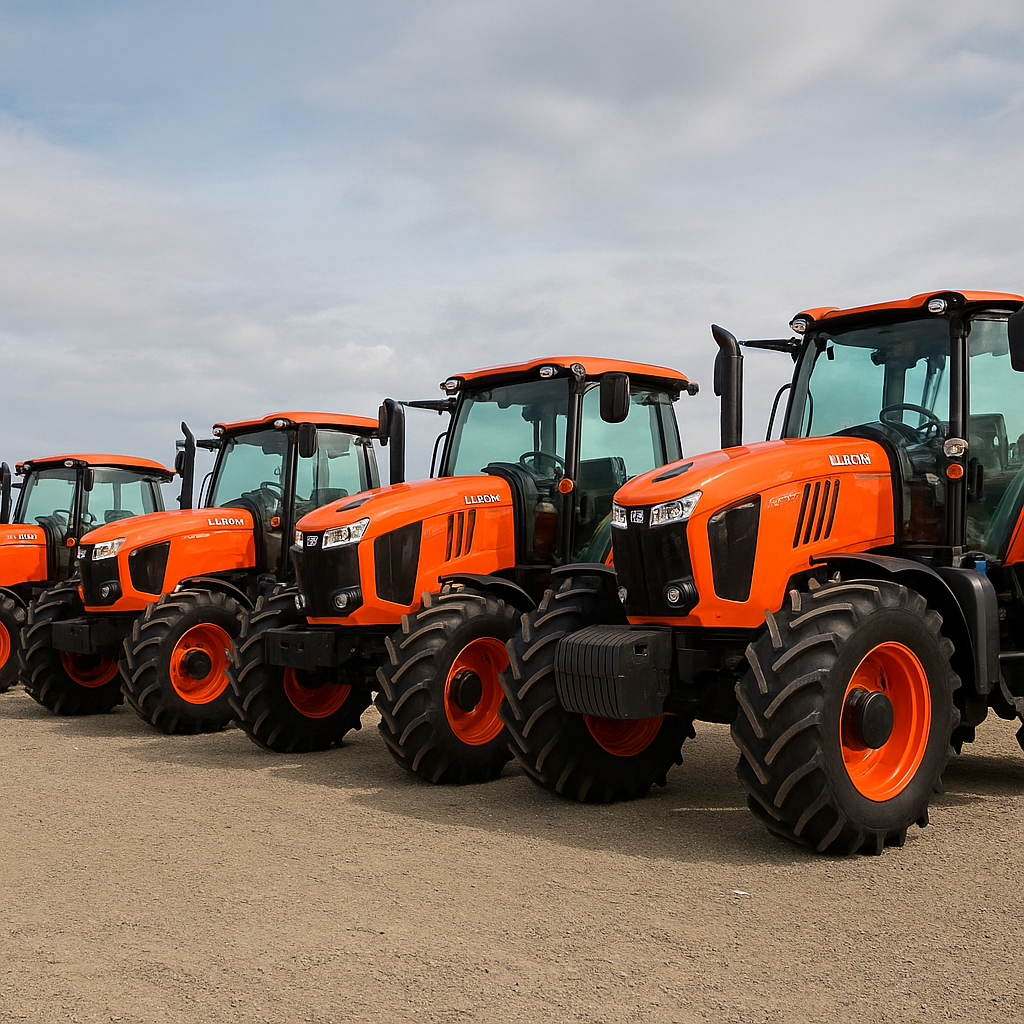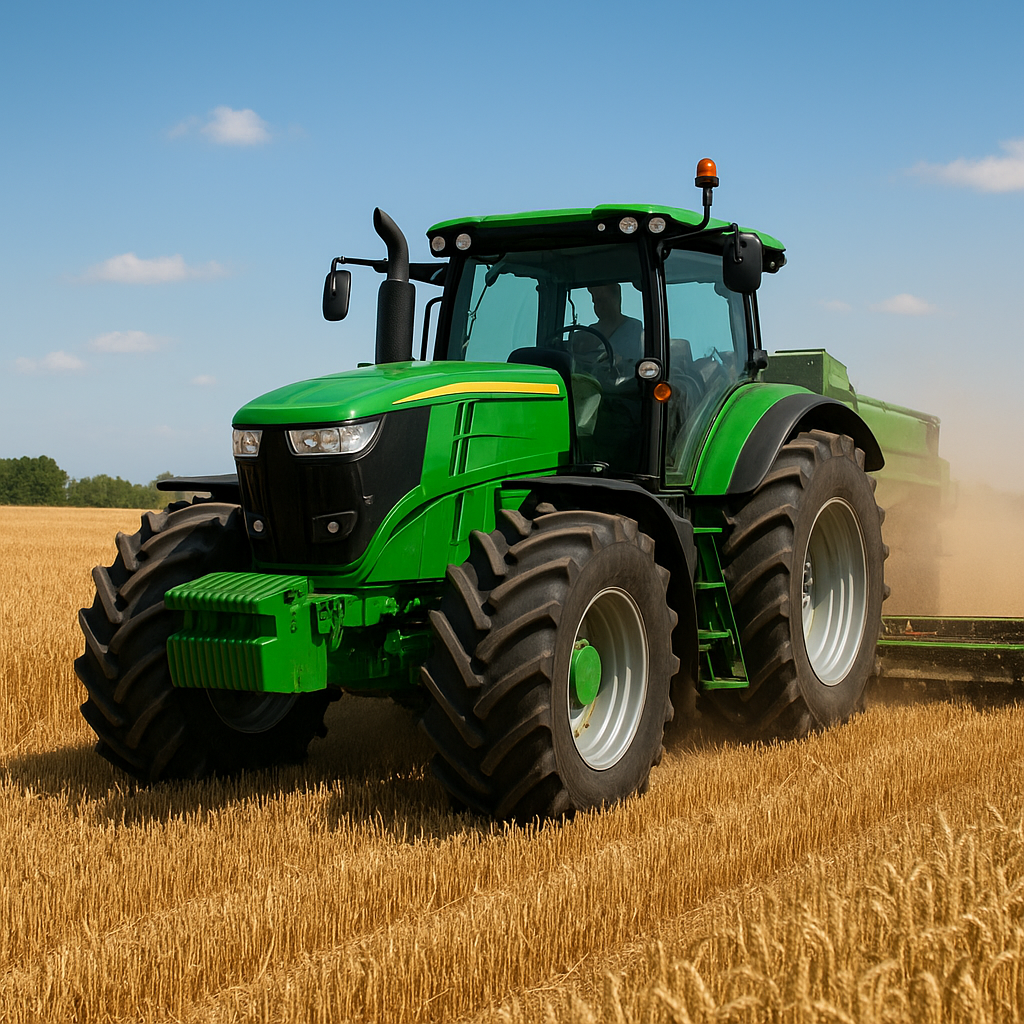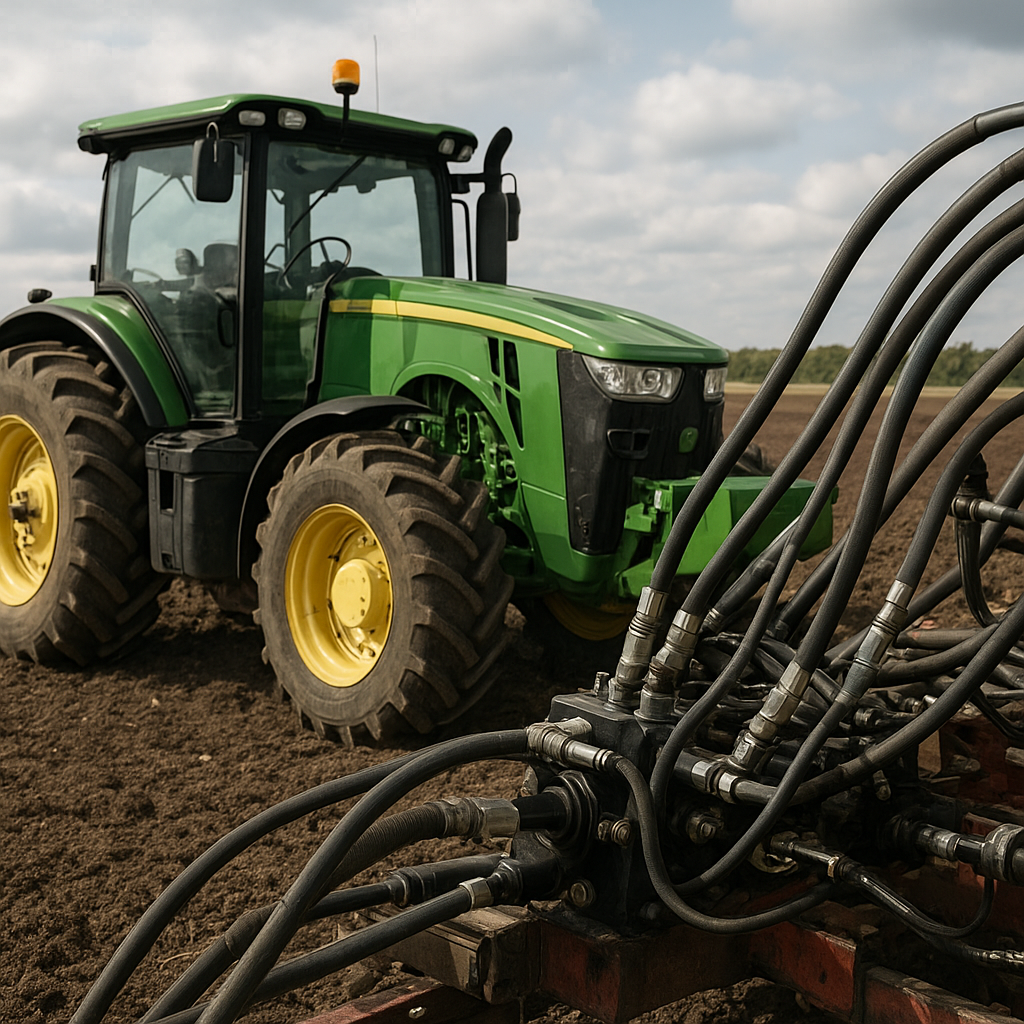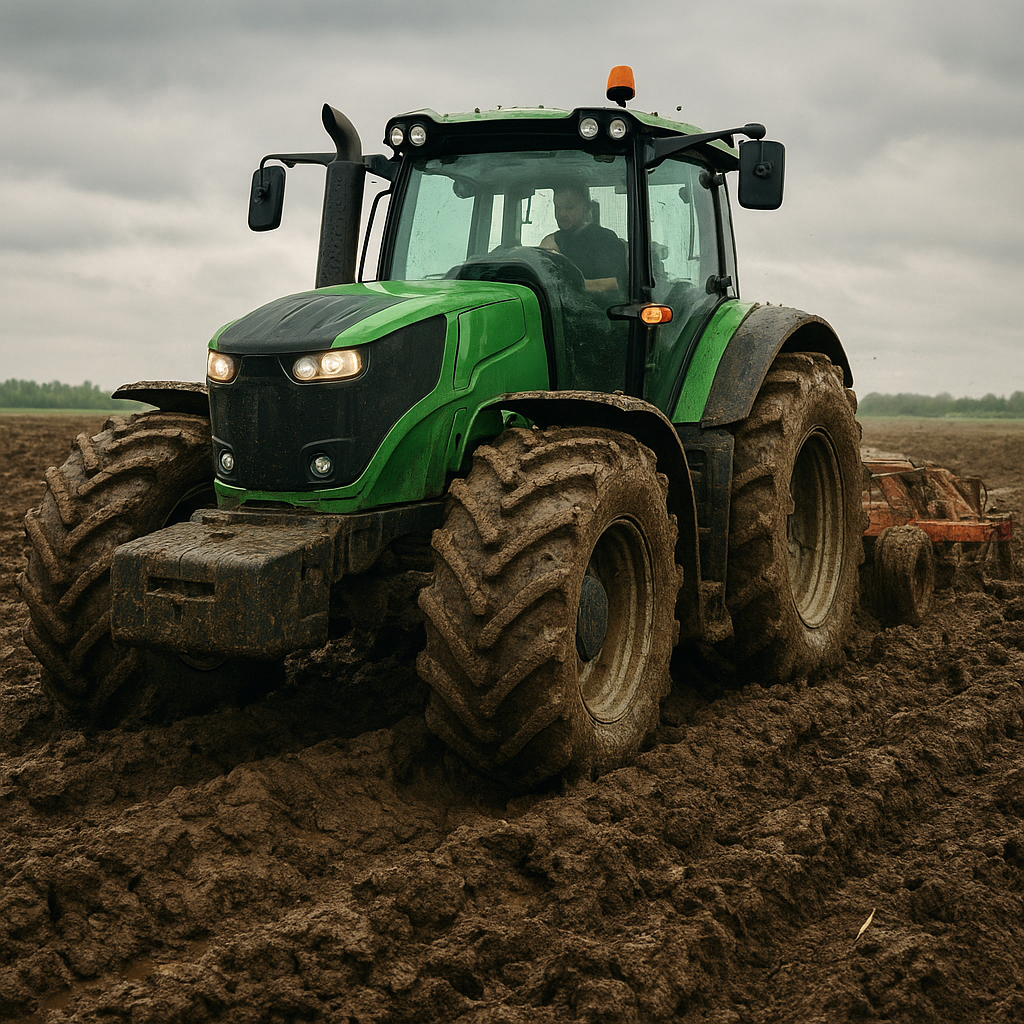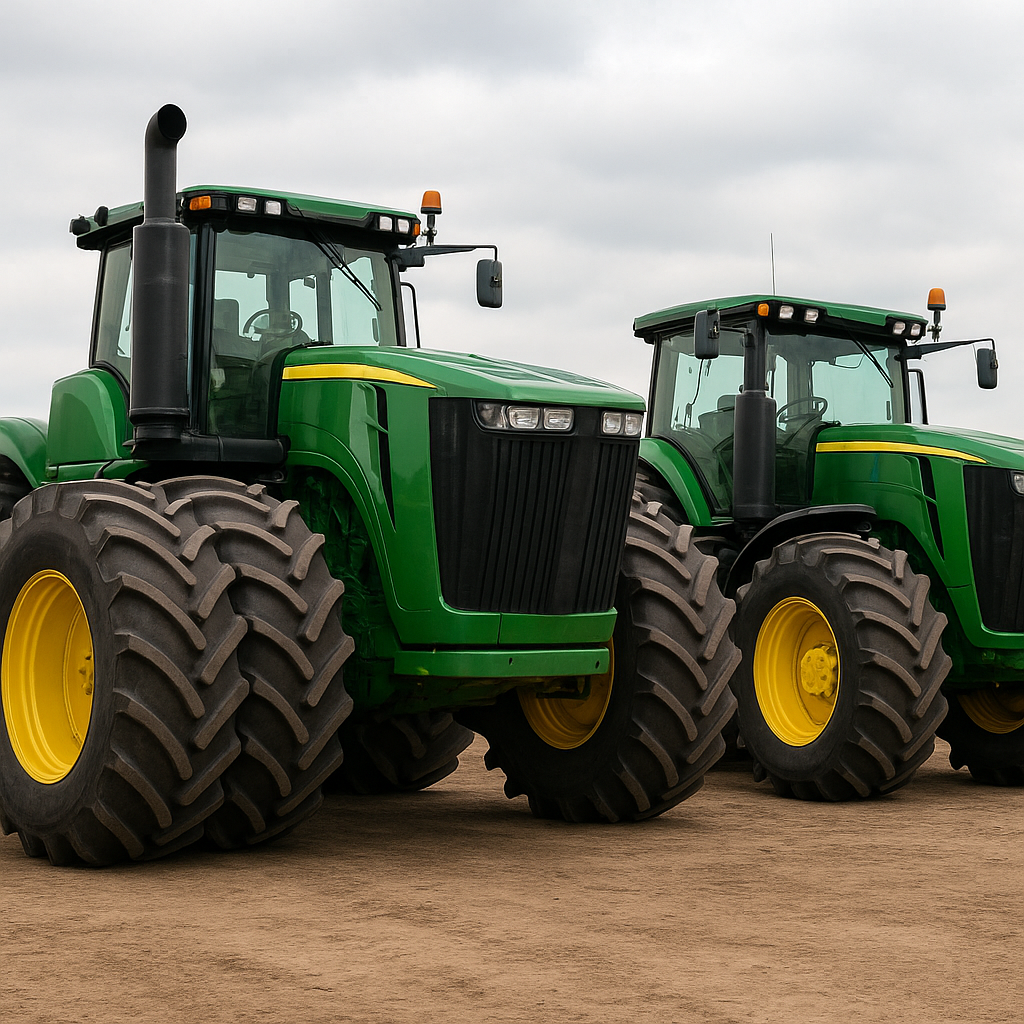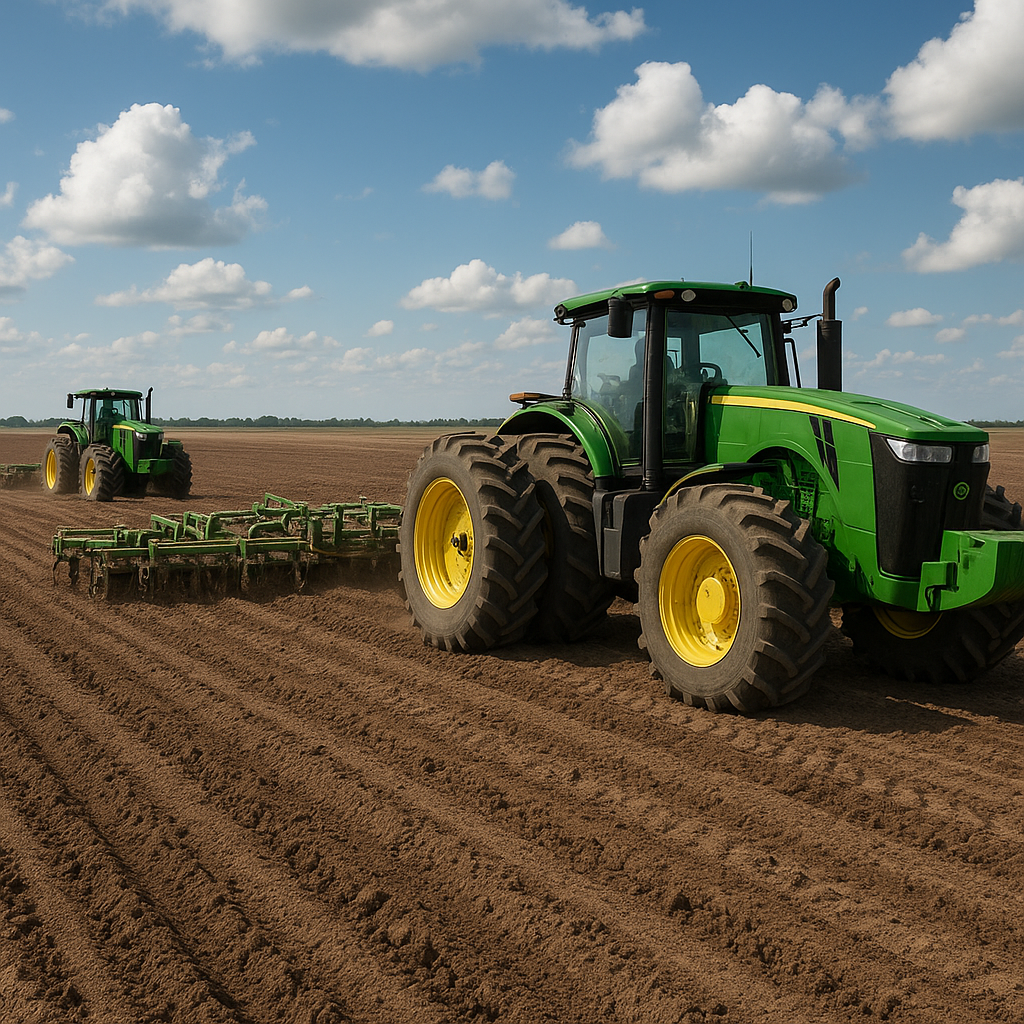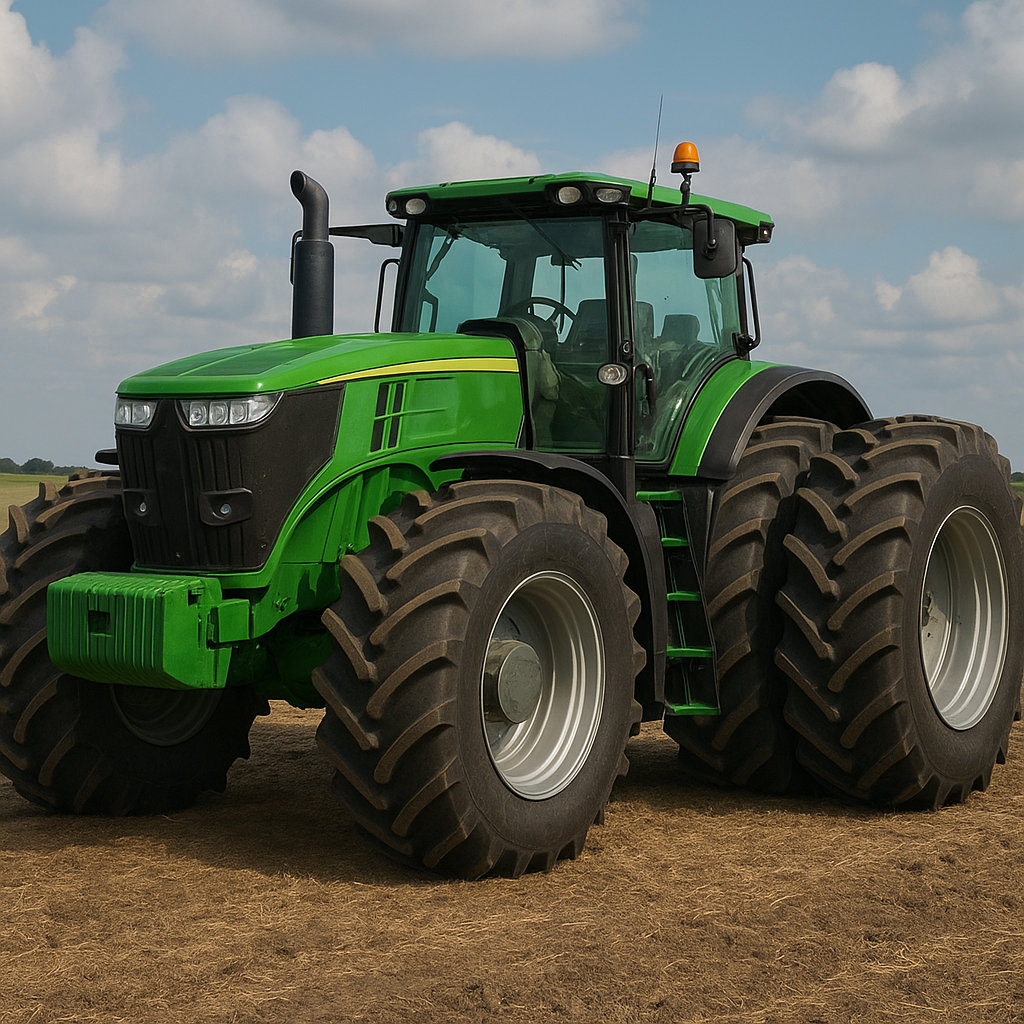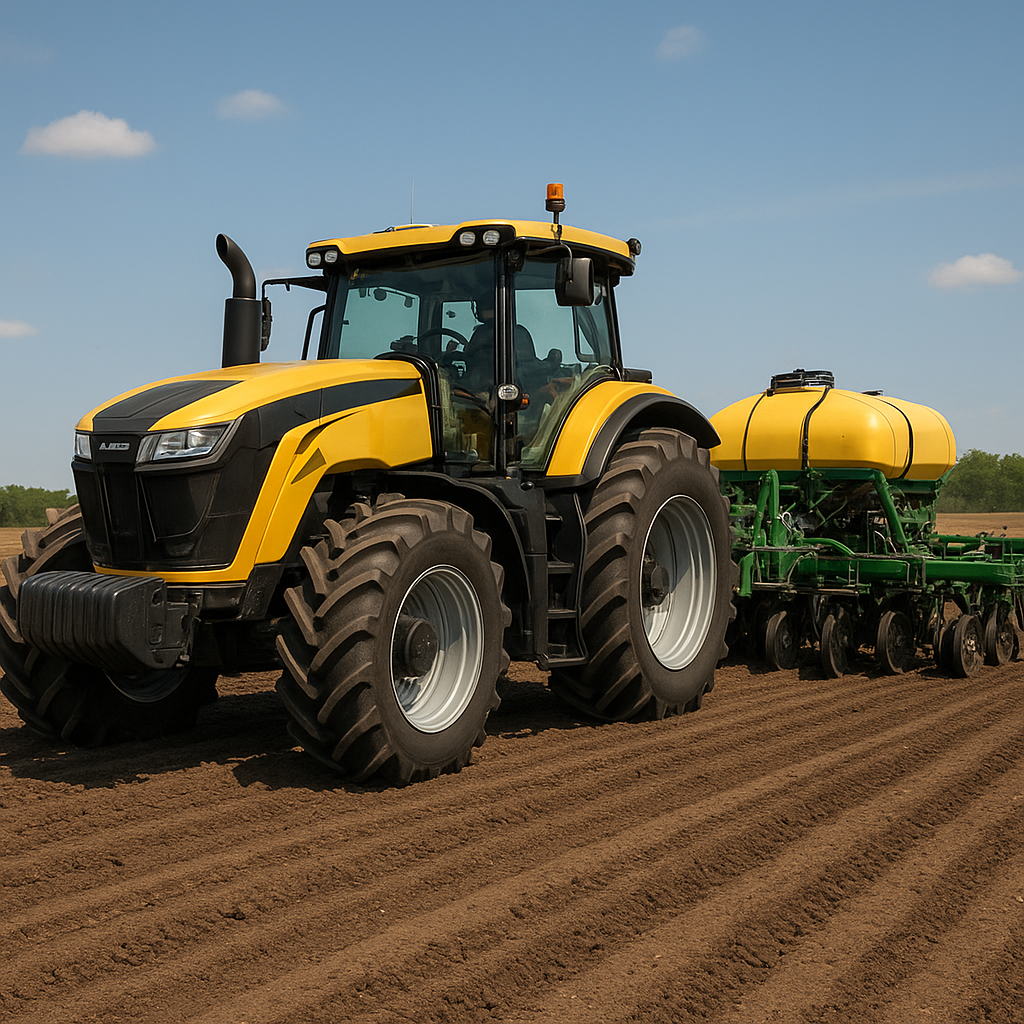The Evolution of Zetor Tractors: Classic and Modern Models
Zetor tractors have been a staple in the agricultural industry for decades, known for their reliability, durability, and innovative designs. This article delves into the evolution of Zetor tractors, exploring both classic and modern models that have shaped the brand’s legacy.
Classic Zetor Tractors: The Foundation of a Legacy
The history of Zetor tractors dates back to 1946 when the first Zetor tractor, the Zetor 25, was introduced. This model quickly gained popularity due to its robust construction and efficient performance. The Zetor 25 was equipped with a 25-horsepower engine, which was quite powerful for its time. It featured a simple yet effective design that made it easy to operate and maintain, making it a favorite among farmers.
In the 1950s, Zetor continued to innovate with the introduction of the Zetor Super 50. This model was a significant upgrade from its predecessor, featuring a more powerful 50-horsepower engine and improved hydraulics. The Zetor Super 50 was designed to handle more demanding tasks, making it a versatile choice for various agricultural applications.
Another notable classic model is the Zetor Crystal, introduced in the 1960s. The Crystal series was known for its advanced features, such as a fully enclosed cab, power steering, and a more powerful engine. These features made the Zetor Crystal a game-changer in the tractor industry, setting new standards for comfort and performance.
Key Features of Classic Zetor Tractors
- Durability: Classic Zetor tractors were built to last, with robust construction and high-quality materials.
- Ease of Maintenance: The simple design of these tractors made them easy to maintain and repair, reducing downtime for farmers.
- Versatility: With various models offering different power outputs and features, Zetor tractors could handle a wide range of agricultural tasks.
- Innovative Design: Zetor was known for incorporating advanced features into their tractors, setting them apart from competitors.
Modern Zetor Tractors: Embracing Technology and Innovation
As technology has advanced, so too have Zetor tractors. Modern Zetor models are equipped with state-of-the-art features that enhance performance, efficiency, and operator comfort. One of the most significant advancements in modern Zetor tractors is the integration of digital technology.
The Zetor Forterra series, for example, is a testament to the brand’s commitment to innovation. These tractors are equipped with powerful engines ranging from 96 to 147 horsepower, making them suitable for a wide range of agricultural tasks. The Forterra series also features advanced hydraulics, electronic control systems, and a comfortable cab with ergonomic controls.
Another modern model worth mentioning is the Zetor Proxima series. These tractors are designed for versatility and efficiency, with engines ranging from 76 to 117 horsepower. The Proxima series is equipped with advanced features such as a power shuttle, which allows for smooth and effortless direction changes, and a high-capacity hydraulic system for improved performance.
Key Features of Modern Zetor Tractors
- Advanced Technology: Modern Zetor tractors are equipped with digital control systems, GPS, and other advanced technologies that enhance performance and efficiency.
- Operator Comfort: The cabs of modern Zetor tractors are designed with operator comfort in mind, featuring ergonomic controls, air conditioning, and excellent visibility.
- Fuel Efficiency: Modern engines are designed to be more fuel-efficient, reducing operating costs and environmental impact.
- Versatility: With a wide range of models and features, modern Zetor tractors can handle various agricultural tasks with ease.
The Future of Zetor Tractors
As the agricultural industry continues to evolve, Zetor remains committed to innovation and excellence. The future of Zetor tractors looks promising, with ongoing research and development aimed at creating even more advanced and efficient models. One area of focus is the integration of autonomous technology, which has the potential to revolutionize the way farming is done.
Zetor is also exploring sustainable solutions, such as electric and hybrid tractors, to reduce the environmental impact of farming. These advancements will not only benefit farmers but also contribute to a more sustainable and efficient agricultural industry.
Conclusion
The evolution of Zetor tractors from classic models to modern machines is a testament to the brand’s commitment to innovation and quality. With a rich history of reliable and durable tractors, Zetor continues to be a trusted name in the agricultural industry. As technology advances, Zetor is poised to lead the way with cutting-edge solutions that meet the needs of modern farmers while promoting sustainability and efficiency.
